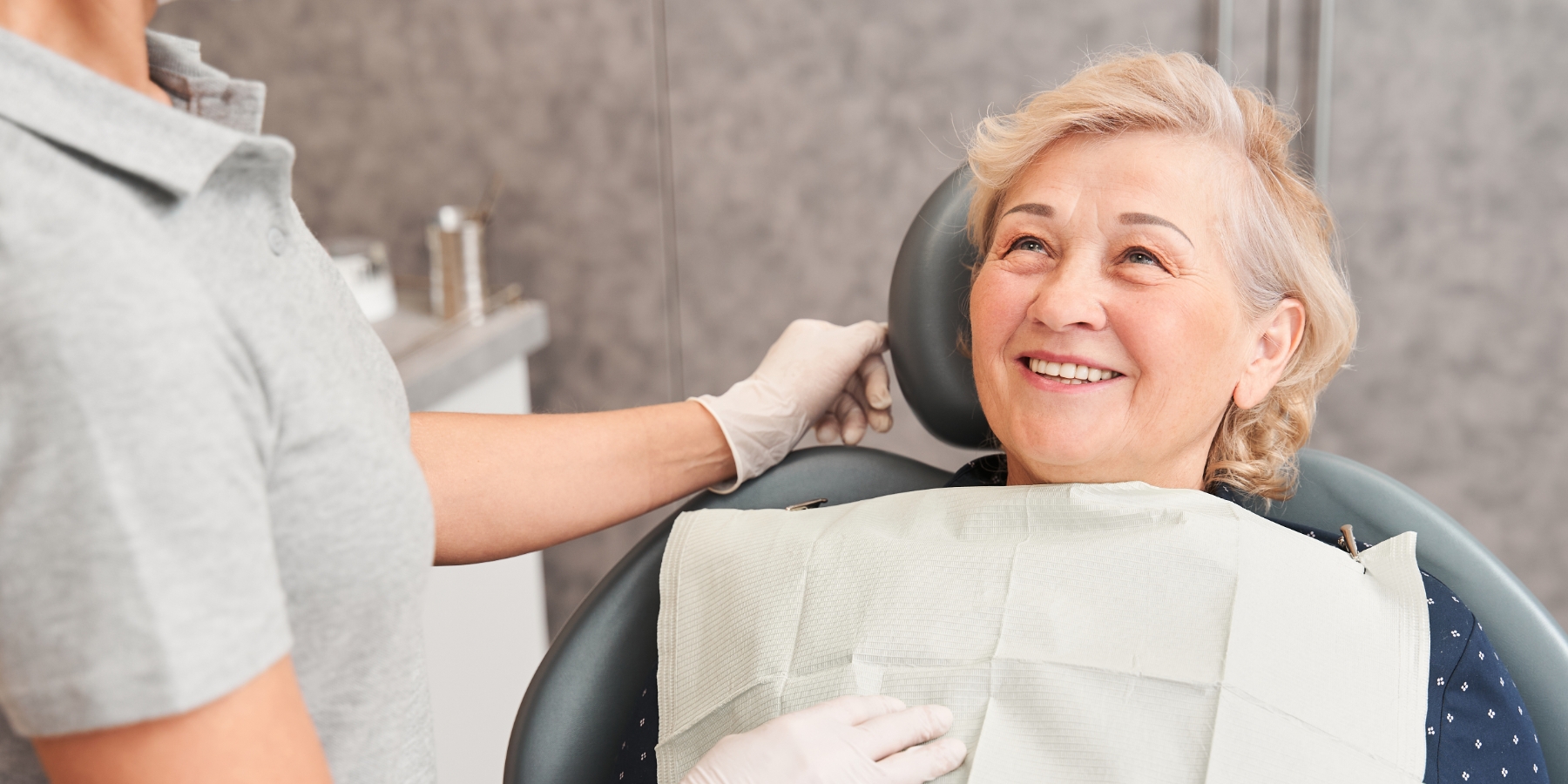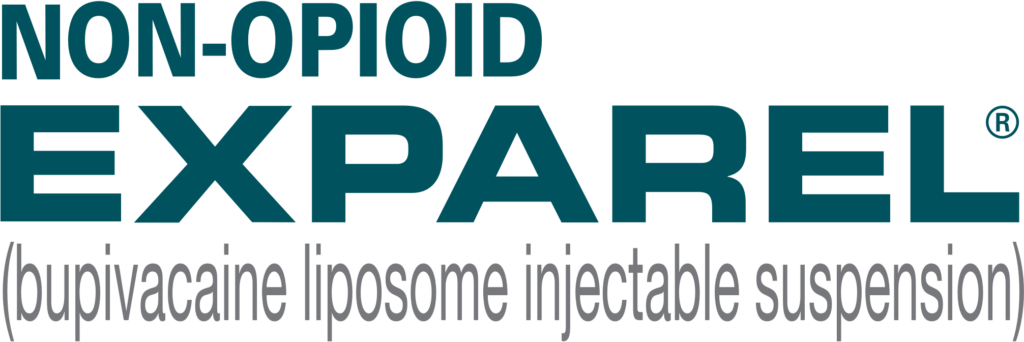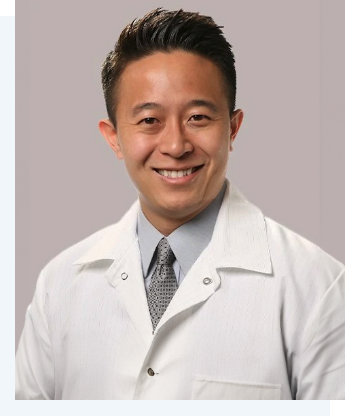
At Foothill Center for Dental Implants and Oral Surgery, your comfort and safety are our top priorities. Dr. Chan and his team have specialized training in the administration of various anesthesia and sedation options to promote a positive experience during your oral surgery procedure. Patients usually describe the surgery as comfortable with minimal discomfort.
Personalized Approach
During your initial consultation, Dr. Chan will discuss your individual needs and recommend the most suitable anesthesia option. He’ll also be happy to answer any questions you have about each method to help you feel confident and informed.
Our Anesthesia Options
- Local Anesthesia: This option numbs the specific area of your surgery, keeping you comfortable while remaining awake and aware. It’s ideal for less complex procedures.
- Nitrous Oxide (Laughing Gas): Feeling anxious? We offer nitrous oxide, also known as laughing gas, alongside light or general anesthesia to help you relax during your surgery.
- General Anesthesia (IV): As an Oral Surgeon, Dr. Chan is specialty trained in administering general anesthesia through an IV. This method ensures you’re completely asleep and have no memory of the procedure.
Our Pain Relief Option
While Dr. Chan at Foothill Center for Dental Implants and Oral Surgery is trained in reducing postoperative complications and maximizing recovery, it’s still common for patients to experience some discomfort as they begin healing. Since prescribing opioids can be dangerous and over-the-counter pain meds aren’t always enough, Exparel® is a new solution that provides long-lasting pain relief during recovery.
Choose Exparel for Your Next Oral Surgery
Exparel is an excellent solution for many patients undergoing oral surgery because it can make the recovery far less painful. Learn more about Exparel.
Safety
As a result of his extensive specialty training, Dr. Chan is prepared in all aspects of anesthesia administration. He has experience in airway management, starting intravenous lines, and managing complications and emergencies that may arise during anesthesia. All patients are monitored after the procedure, and medications are prescribed to make recovery as comfortable as possible.
Meet Board Certified Oral and Maxillofacial Surgeon, Dr. Christopher Chan
At Foothill Center for Dental Implants and Oral Surgery, exceptional patient care is our top priority. Dr. Christopher Chan, Board Certified in Oral and Maxillofacial Surgery, exemplifies this commitment. He is a fellow of the American Association of Oral and Maxillofacial Surgeons and a member of the California Association of Oral and Maxillofacial Surgeons, while maintaining active hospital privileges at Huntington Hospital.
His advanced specialty training and affiliations promote the highest standards of patient comfort, safety, and care. Following your procedure, you will receive Dr. Chan’s personal phone number for any questions or concerns. Our friendly and well-trained team will guide you through each step, making your experience as comfortable and stress-free as possible.
Pediatric Oral Surgery
For the safety of our youngest patients under 12, we perform procedures requiring sedation at Huntington Ambulatory Surgery Center, where Dr. Chan has surgical privileges. There, a dedicated team of pediatric anesthesiologists can provide a high level of support to promote a safe and smooth experience for your child.
Why Choose Foothill Center for Dental Implants and Oral Surgery?
For your comfort, surgery can be performed under local anesthesia, fully awake; under general anesthesia, fully asleep; or with light sedation combined with local anesthesia. Our staff is highly trained and certified in outpatient anesthesia, and our office has modern operating rooms with state-of-the-art monitoring equipment to allow for safe anesthesia delivery. To schedule a consultation, contact our office in Pasadena at (626) 792-3161.


